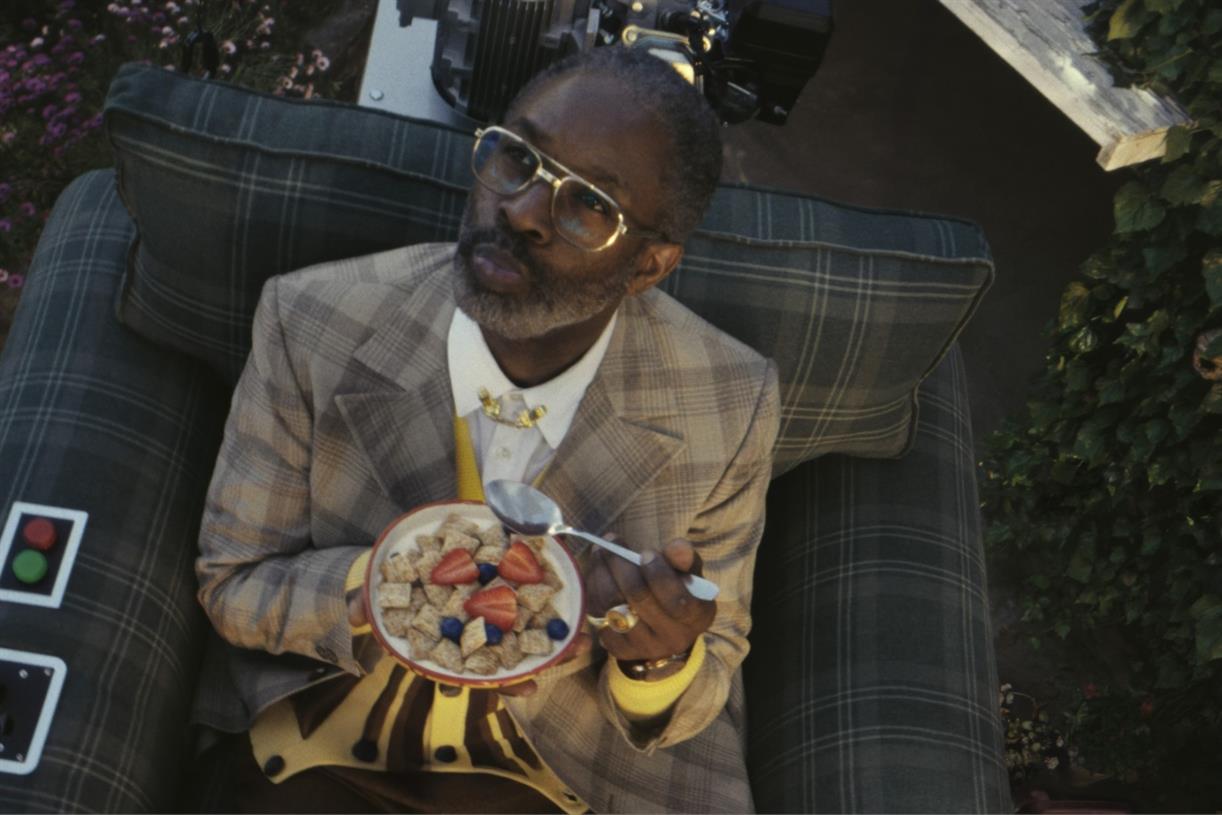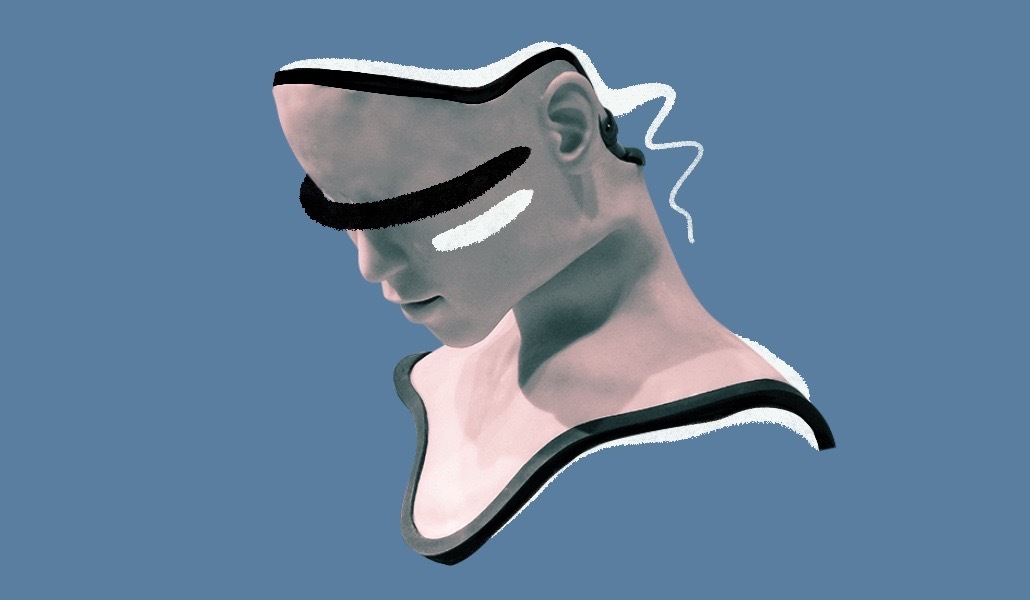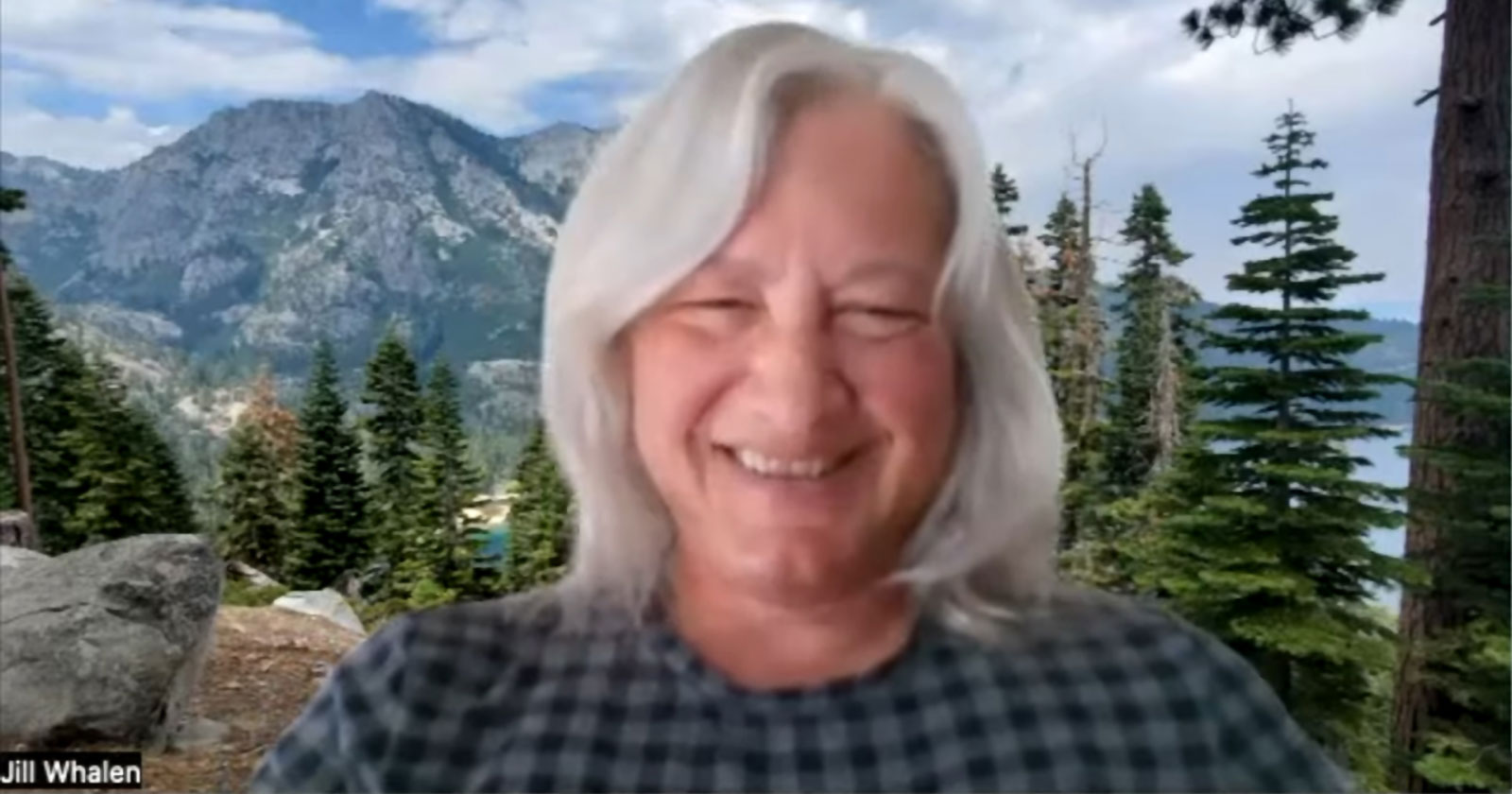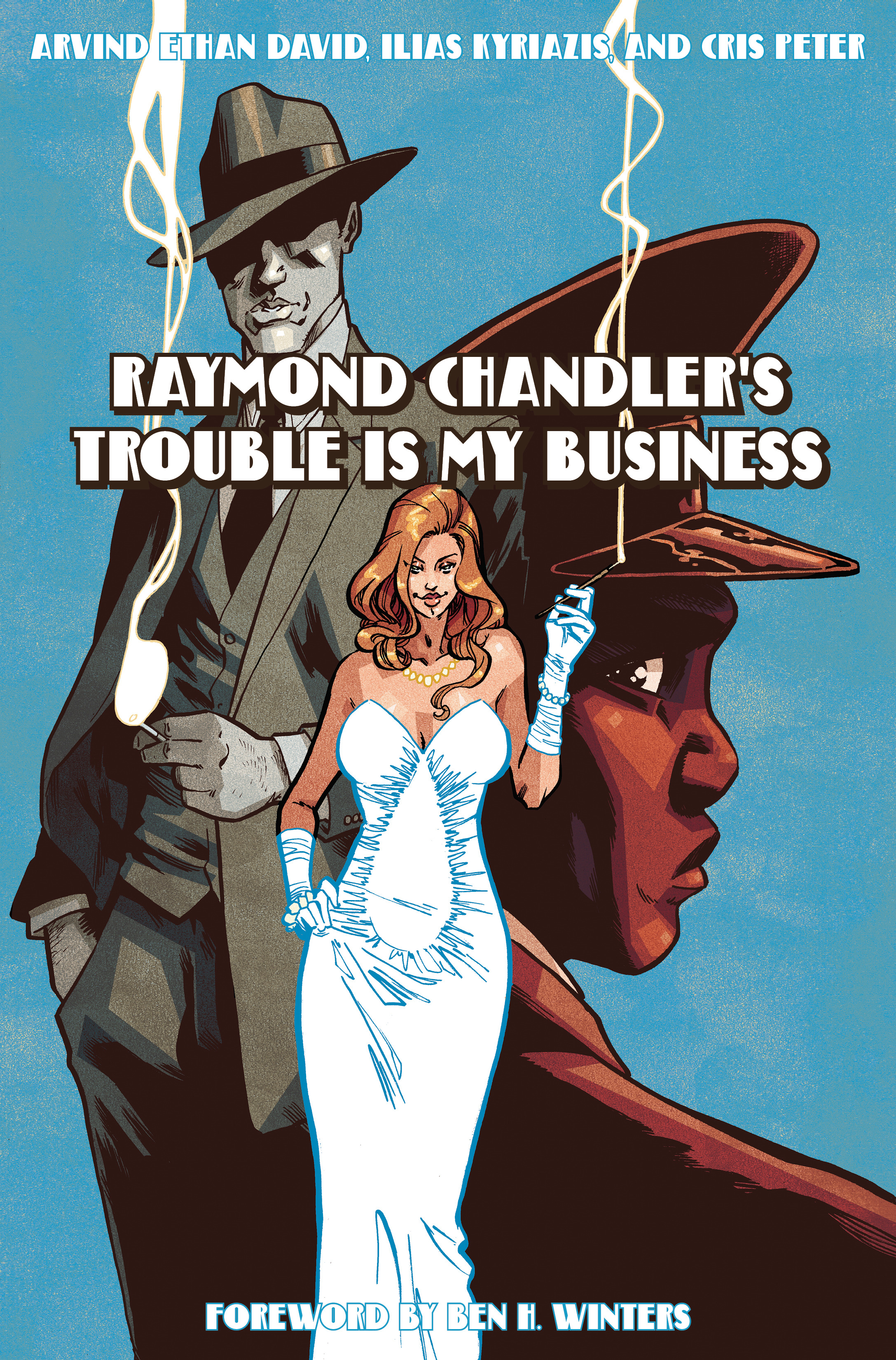THE MANY PASSIONS OF MICHAEL HARDWICK
Many readers will never have heard of Michael Hardwick, but his is a story that all should know. In 1982, an Atlanta police officer intending to serve a warrant on an out gay bartender for drinking in public found the man in flagrante with another man, which “violated Georgia’s centuries-old sodomy law and carried a potential twenty-year prison sentence.” Arrested, Hardwick spent the next four years fighting for his freedom, until, in 1986, the Supreme Court ruled that the state of Georgia indeed “had the right to patrol its citizens’ sex lives.” Pressing his fight, Hardwick, who died of complications from AIDS in 1991, was far from alone. As historian and journalist Padgett notes, police in cities such as Miami “surveilled gay hot spots in the hopes of catching queer people in the act,” complete with hidden cameras. Against precedents such as a 1967 Supreme Court ruling that asserted the right to privacy of interracial couples and another that barred states from interfering with the distribution of contraceptives to unmarried people, the Reagan-era Supreme Court accepted the prosecution’s argument that “sodomy had never been included in the ‘zone of privacy’ normally accorded inside the home.” Despite a brilliant defense mounted by the noted constitutional lawyer Laurence Tribe, in a 5-4 ruling, the court effectively declared gay people to be second-class citizens with limited civil rights. Fortunately for Hardwick, the statute of limitations ran out, but he was dead well before the Bowers v. Hardwick decision was overturned in a 6-3 ruling (opposed by William Rehnquist, Antonin Scalia, and Clarence Thomas). Padgett closes this detailed account of the Hardwick case by noting that the rights of gay Americans are again imperiled by a strongly conservative court.


Many readers will never have heard of Michael Hardwick, but his is a story that all should know. In 1982, an Atlanta police officer intending to serve a warrant on an out gay bartender for drinking in public found the man in flagrante with another man, which “violated Georgia’s centuries-old sodomy law and carried a potential twenty-year prison sentence.” Arrested, Hardwick spent the next four years fighting for his freedom, until, in 1986, the Supreme Court ruled that the state of Georgia indeed “had the right to patrol its citizens’ sex lives.” Pressing his fight, Hardwick, who died of complications from AIDS in 1991, was far from alone. As historian and journalist Padgett notes, police in cities such as Miami “surveilled gay hot spots in the hopes of catching queer people in the act,” complete with hidden cameras. Against precedents such as a 1967 Supreme Court ruling that asserted the right to privacy of interracial couples and another that barred states from interfering with the distribution of contraceptives to unmarried people, the Reagan-era Supreme Court accepted the prosecution’s argument that “sodomy had never been included in the ‘zone of privacy’ normally accorded inside the home.” Despite a brilliant defense mounted by the noted constitutional lawyer Laurence Tribe, in a 5-4 ruling, the court effectively declared gay people to be second-class citizens with limited civil rights. Fortunately for Hardwick, the statute of limitations ran out, but he was dead well before the Bowers v. Hardwick decision was overturned in a 6-3 ruling (opposed by William Rehnquist, Antonin Scalia, and Clarence Thomas). Padgett closes this detailed account of the Hardwick case by noting that the rights of gay Americans are again imperiled by a strongly conservative court.













_1.jpg)









![How To Drive More Conversions With Fewer Clicks [MozCon 2025 Speaker Series]](https://moz.com/images/blog/banners/Mozcon2025_SpeakerBlogHeader_1180x400_RebeccaJackson_London.png?auto=compress,format&fit=crop&dm=1750097440&s=282171eb79ac511caa72821d69580a6e#)

![Brand and SEO Sitting on a Tree: K-I-S-S-I-N-G [Mozcon 2025 Speaker Series]](https://moz.com/images/blog/banners/Mozcon2025_SpeakerBlogHeader_1180x400_LidiaInfante_London.png?auto=compress,format&fit=crop&dm=1749465874&s=56275e60eb1f4363767c42d318c4ef4a#)

























![The 11 Best Landing Page Builder Software Tools [2025]](https://www.growthmarketingpro.com/wp-content/uploads/2024/04/best-landing-page-software-hero-image-1024x618.png?#)







































![How to Create an SEO Forecast [Free Template Included] — Whiteboard Friday](https://moz.com/images/blog/banners/WBF-SEOForecasting-Blog_Header.png?auto=compress,format&fit=crop&dm=1694010279&s=318ed1d453ed4f230e8e4b50ecee5417#)




![What Is a Markup Language? [+ 7 Examples]](https://static.semrush.com/blog/uploads/media/82/c8/82c85ebca40c95d539cf4b766c9b98f8/markup-language-sm.png)














































